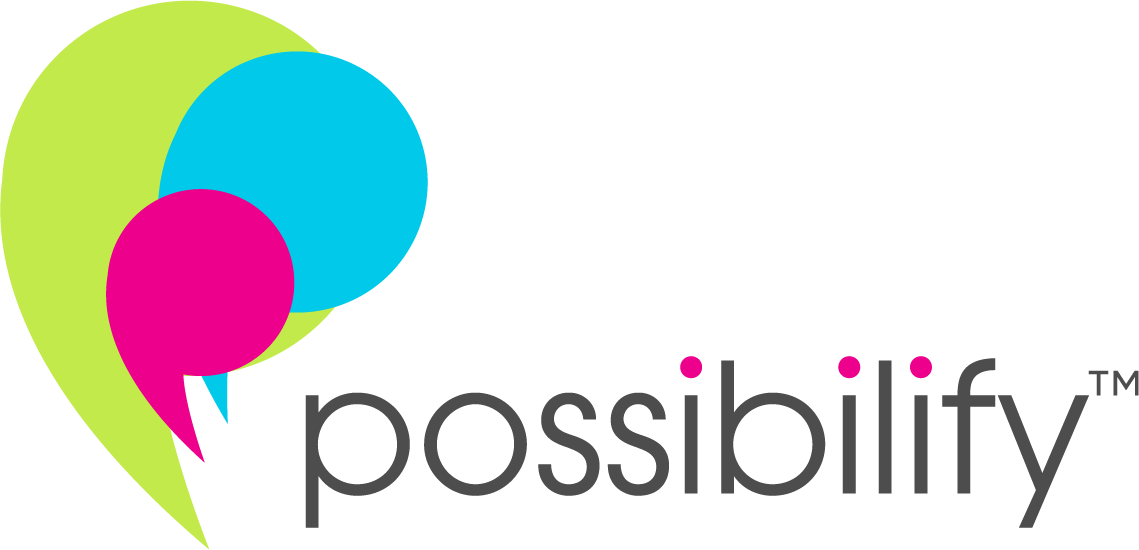- Anti-Racism Tip #8: If It Needs a Disclaimer, Don’t Say It - October 18, 2022
- On Tender Moments that Take Us By Surprise - May 18, 2022
- Finding Creative Ways to Exercise During the Pandemic - April 29, 2022
Do you ever feel like you are being swept away by the tides of this choatic world? Anchor yourself to your own deeply held values then make a commitment to live by them.
Knowing and holding deeply to your values is liberating. It creates a framework for living that enables more simplicity in daily choices and freedom to expend time and energy on the things that matter most in our lives. It also creates a clearer path forward in mapping out how you want to live your life and what you want your legacy to be.
One of the crises we face in contemporary North American culture, especially in a secular society (i.e. those of us who choose not to live within an organized faith tradition), is that we can lack a moral or ethical framework. This lack of a framework can make choices difficult – from small daily choices (like what groceries to buy, including from where and how they are grown/produced/manufactured) to larger choices (like which political party to vote for). As a result, many people lack an anchor to any deeply held personal values or beliefs.
This lack of knowing one’s deeply held values can have enormous negative consequences. It can lead to uncertainty, self-questioning and a lack of vision in terms of how to live one’s life. It can lead to depression, isolation, uncertainty and that terrible feeling of being stuck. This in turn can lead to bigger problems, including self-doubt, questioning our own self-worth, and choosing unhealthy ways of coping with this uncertainty or lack of self-direction.
A lack of knowing and holding deeply to our values can have enormous negative societal consequences as well. It can negatively impact feelings of community, connectedness, belonging and threaten social cohesion.
This is one of the benefits of world religions and spiritual traditions: they provide a moral and ethical framework to help guide the choices individuals make in their lives. These frameworks are important to consider, even for secular people, because many of the core values embedded in these belief systems are common across religions and spiritual belief systems. And these common beliefs can provide a useful point of reference for all of us.
So I have spent some time researching some common principles and beliefs and chosen to share several that resonate with me. It’s important to note that I have not included all values common to many religions as some of them don’t work for me as a secular person. But my hope is that the ones I list below may be generally useful to those of us who are aiming to live a life of integrity and purpose and are looking for an effective framework to anchor yourself in your life.
Here are some values common to many religions and spiritual traditions that we can draw upon to live lives of purpose and integrity:
Reciprocity – Treating others as you would like to be treated and repaying kindness to those who are kind to you;
Honesty – Speaking your truth and behaving in ways that accords with your understanding of the truth;
Love – Create relationships with others, both known and not yet known to you, based on love and connection;
Connection and interconnectedness– Understand that you are part of all of humanity and exist within the context of a community; each of us therefore has responsibilities to our community and to all of humanity;
Introspection – Spend time self-reflecting, increasing our awareness of our thoughts and feelings and look for the teachers who bring us lessons in our lives; and
Kindness and generosity – give abundantly and work in the service of others; these gifts to others will come back to you in amazing ways.
I will add three more that I think are very important and may not be found within all religions but have roots in international human rights law and theory:
Respect – respect for each person and being in this world, including respect for diversity; this encompasses respect at both at an individual and collective level, including respecting diverse Peoples, identities and perspectives;
Acknowledgement – listen meaningfully and empathetically to other people’s experiences and do your best to make sure they feel heard and seen; and
Reconciliation – avoid harming others but to the extent that we may do so, we each have responsibilities to repair any harm that we may have contributed to or benefitted from.
The values listed above provide a useful framework to guide our daily choices and behaviours. These values are liberating because they provide guideposts to help navigate the beauty complexity and unpredictability of life.
Aligning our choices with the values we hold dear also enables a life of integrity. It helps us combat the threat of dissonance – that dangerous disconnection between our actions and our deeply held values – that can tempt us to move away from the way we know we should be living our lives. Identifying and embodying our deeply held values therefore creates a cohesive framework for living.
So take a moment to consider which values you hold dear. And once you do, commit to living your life by them. Feel free to borrow the list above or come up with some values on your onw. In the same way that creating rules can simplify your life, identifying core values to live by can provide a useful anchor so that you can live a life of purpose and integrity.
And isn’t that what we all want in the end?
We would love to hear your thoughts in the comments section below. And if you have any other core values or beliefs you hold dear, we would love to hear what they are!


So enlightening Kirst! Your article is beautifully written and promotes thought. Thank you for that! Well done. ❤
Thanks Roni! I really appreciate it!
Thanks Kirsten , nice article to ponder over and make life adjustments
Thanks Martin! This article provides a glimpse into the big thoughts that I am always rolling around in my head! 😉 I appreciate you taking the time to read and comment.
Thanks, that is a lot to ponder and reflect on. Great job Kirsten one of your best.
Thanks Robby! You are the best!
Kirsten has written an article which has a universal appeal. She upholds a strong belief in our commitment to a spiritual base to anchor ourselves in this chaotic world; which lacks moral and ethical framework. She cautions that if we falter in our beliefs, it can negatively impact social cohesion. She finds common threads of Reciprocity, Kindness, Respect for others, Interdependence and Reconciliation in all of the world religions.
Life becomes purposeful, when we anchor ourselves and hold on to a positive belief system.
This is such a great summary of what this article was trying to convey. I appreciate you taking the time to pull out the main points and thread them together in such a concise way. I appreciate you taking the time to do this!